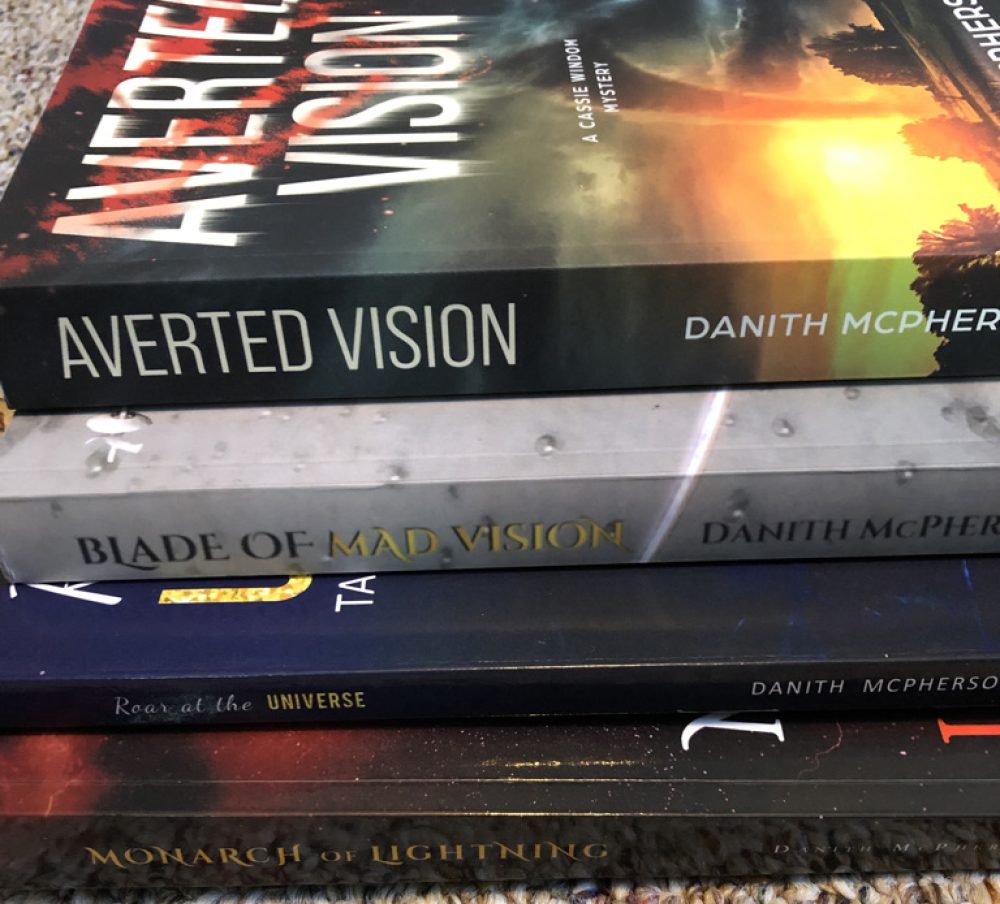A well-known writer and editor I sometimes have the opportunity to visit with challenged me on my view of epilogues. Her recent novel takes place during the Holocaust. The characters go through horrific, soul-wrenching experiences. She ended the story where it was appropriate for the narrative but felt it left the reader drained and in a dark place. She decided to use an epilogue to show the surviving characters years later, scarred but dealing with the world. Without negating what came before it, it gave the reader permission to take a cleansing breath.
I agree with her decision. An epilogue should be a firm hand that helps you shakily climb off the roller coaster. It is satisfying when it 1) continues a theme from the story, 2) gives a much-needed emotional release, and/or 3) provides information that adds to an understanding of the characters and the narrative. It should always be for the reader and not the writer.
Hmm, or should it? One more post on this topic, then I’ll move on to something else.
Next: Nineteen years later
